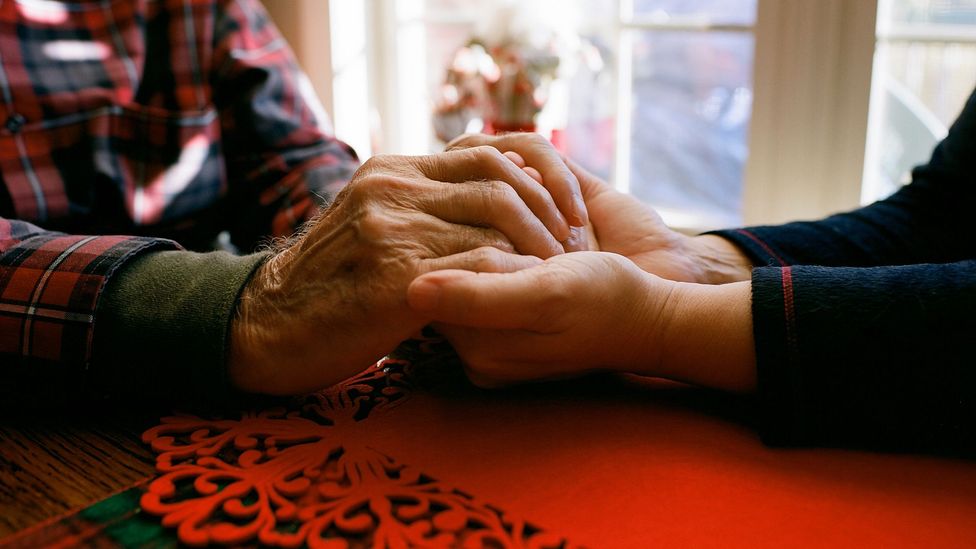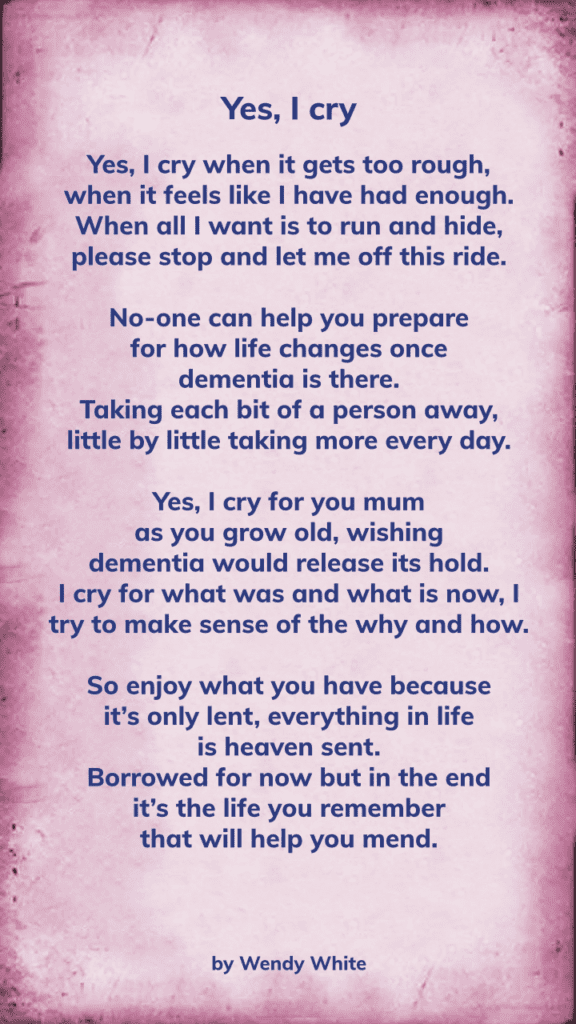Discovering that my best friend had dementia was one of the most shocking moments of my life. It wasn’t something I ever expected to face, especially when we were so close. Dementia is often misunderstood, and its symptoms can easily go unnoticed by those around the person suffering from it. In this article, I’ll share my personal experience, the challenges we faced, and the lessons I learned along the way.
When someone you care about deeply starts showing signs of memory loss or cognitive decline, it can be overwhelming. For me, it was heartbreaking to realize that my best friend was silently battling dementia, and I had no idea. This journey taught me the importance of awareness, empathy, and support for those affected by this condition.
This article aims to provide valuable insights into dementia, its early signs, how to support loved ones diagnosed with it, and resources for further learning. Whether you’re a caregiver, a friend, or simply curious about dementia, this guide will equip you with the knowledge you need to make a difference in someone’s life.
Read also:Tyler Hynes Illness Unveiling The Truth Behind His Health Journey
Table of Contents
- Introduction
- What Is Dementia?
- Early Signs of Dementia
- The Diagnosis Process
- Supporting a Loved One with Dementia
- The Emotional Impact on Caregivers
- Resources and Support for Families
- My Personal Journey with Dementia
- Raising Awareness About Dementia
- Conclusion
What Is Dementia?
Dementia is not a single disease but rather a broad term used to describe various symptoms associated with brain decline. It affects memory, thinking, behavior, and the ability to perform everyday activities. While dementia is often associated with aging, it is not a normal part of growing older. Alzheimer’s disease is the most common form of dementia, accounting for 60-80% of cases.
Key Facts About Dementia:
- Approximately 50 million people worldwide are living with dementia.
- Every three seconds, someone develops dementia globally.
- There is currently no cure for most types of dementia, but early diagnosis and treatment can improve quality of life.
Understanding dementia is crucial for recognizing its early signs and seeking appropriate care. This knowledge empowers individuals and families to take proactive steps in managing the condition.
Early Signs of Dementia
Memory Loss Beyond Forgetfulness
One of the earliest and most noticeable signs of dementia is memory loss. However, it’s important to differentiate between normal forgetfulness and the kind of memory loss associated with dementia. For example, forgetting where you placed your keys is common, but forgetting the names of close relatives or repeating questions multiple times could indicate a more serious issue.
Difficulty Performing Familiar Tasks
People with dementia may struggle to complete everyday tasks they’ve done countless times before. This includes cooking meals, managing finances, or even following a recipe. These difficulties often worsen over time, making it increasingly challenging for individuals to maintain independence.
Recognizing these early signs is essential for early intervention and support. If you notice any of these symptoms in a loved one, it’s important to consult a healthcare professional for proper evaluation.
Read also:Linneaslife Leaks The Untold Story And Its Impact
The Diagnosis Process
Diagnosing dementia involves a comprehensive assessment that includes medical history, physical examination, cognitive tests, and sometimes brain imaging. Healthcare providers use these tools to determine the type and severity of dementia, as well as rule out other potential causes of cognitive decline.
Steps in the Diagnosis Process:
- Medical History: Gathering information about the patient’s health background and family history.
- Cognitive Tests: Evaluating memory, attention, language, and problem-solving skills.
- Physical Examination: Checking for underlying conditions that may contribute to cognitive impairment.
- Brain Imaging: Using MRI or CT scans to detect structural changes in the brain.
An accurate diagnosis is vital for developing an effective care plan and accessing appropriate treatments. It also helps families prepare for the challenges ahead and seek support from community resources.
Supporting a Loved One with Dementia
Creating a Safe and Comfortable Environment
When caring for someone with dementia, it’s important to create a safe and comforting environment. This includes minimizing clutter, maintaining a predictable routine, and ensuring that the home is free from hazards that could cause accidents. Simple modifications like labeling drawers or installing grab bars can significantly improve safety and independence.
Encouraging Social Interaction
Isolation can exacerbate the effects of dementia, so encouraging social interaction is crucial. Whether it’s through family visits, group activities, or participation in support groups, staying connected with others can enhance emotional well-being and cognitive function.
Providing emotional support and understanding is equally important. Listening without judgment and offering reassurance can help alleviate anxiety and confusion for individuals with dementia.
The Emotional Impact on Caregivers
Caring for a loved one with dementia can be emotionally draining. Caregivers often experience stress, frustration, and grief as they witness the gradual decline of someone they care about deeply. It’s essential for caregivers to prioritize their own mental and physical health to avoid burnout.
Tips for Caregivers:
- Seek support from friends, family, or professional counselors.
- Join a caregiver support group to connect with others facing similar challenges.
- Take breaks and engage in activities that promote relaxation and self-care.
Remember, taking care of yourself enables you to provide better care for your loved one. Don’t hesitate to ask for help when needed—it’s a sign of strength, not weakness.
Resources and Support for Families
There are numerous resources available to assist families affected by dementia. From educational materials to financial assistance programs, these resources can make a significant difference in managing the condition.
Recommended Resources:
- Alzheimer’s Association: Offers information, support, and advocacy for individuals and families affected by dementia.
- National Institute on Aging: Provides research updates and educational materials on aging and dementia.
- Dementia Organization: Offers resources and support for caregivers and individuals living with dementia.
These organizations provide valuable tools and guidance for navigating the complexities of dementia care. Utilizing these resources can empower families to make informed decisions and access the support they need.
My Personal Journey with Dementia
When I first noticed changes in my best friend’s behavior, I dismissed them as signs of stress or fatigue. It wasn’t until her family intervened that we realized the severity of her condition. The diagnosis of dementia was difficult to accept, but it also opened the door to understanding and support.
Throughout this journey, I learned the importance of patience, empathy, and communication. Simple acts of kindness, like reminiscing about shared memories or enjoying quiet moments together, became meaningful ways to connect. While dementia changed our relationship in many ways, it also deepened my appreciation for the bond we shared.
Raising Awareness About Dementia
Raising awareness about dementia is critical for reducing stigma and promoting early detection. By educating others about the realities of dementia, we can foster a more compassionate and supportive society. Encouraging open conversations about mental health and cognitive decline can help break down barriers and encourage individuals to seek help when needed.
Community initiatives, such as memory walks, fundraising events, and educational workshops, play a vital role in raising awareness. Participating in these activities not only supports research and care efforts but also strengthens community bonds.
Conclusion
My best friend had dementia, and I had no idea—this realization changed my life forever. Through this experience, I gained a deeper understanding of dementia and the importance of support, awareness, and education. Dementia affects millions of people worldwide, but with the right resources and care, we can make a positive impact on their lives.
I encourage you to share this article with others and continue learning about dementia. Together, we can create a world where individuals with dementia are valued, supported, and understood. Leave a comment below to share your thoughts or experiences, and don’t forget to explore other articles on our site for more information on health and wellness topics.


